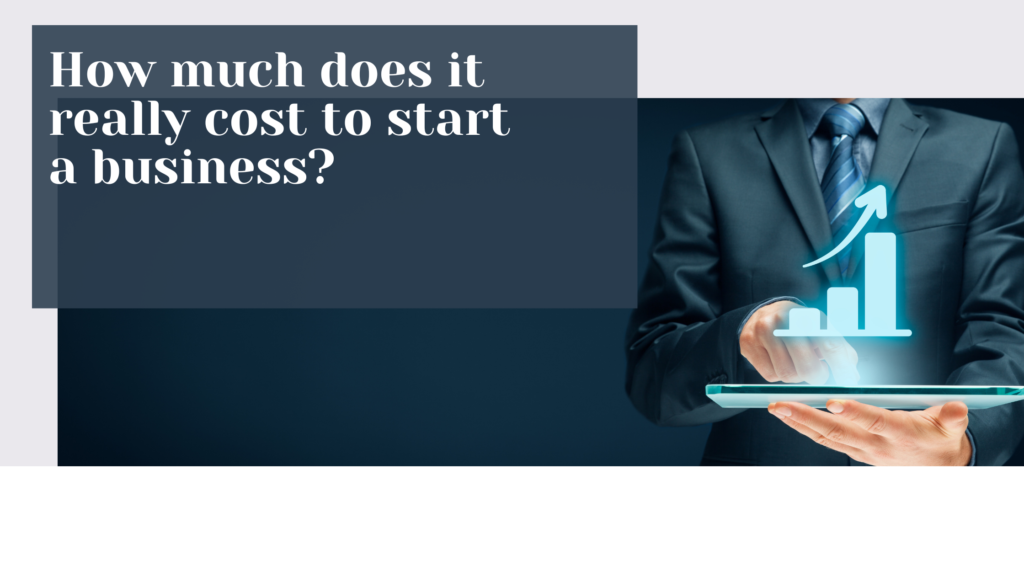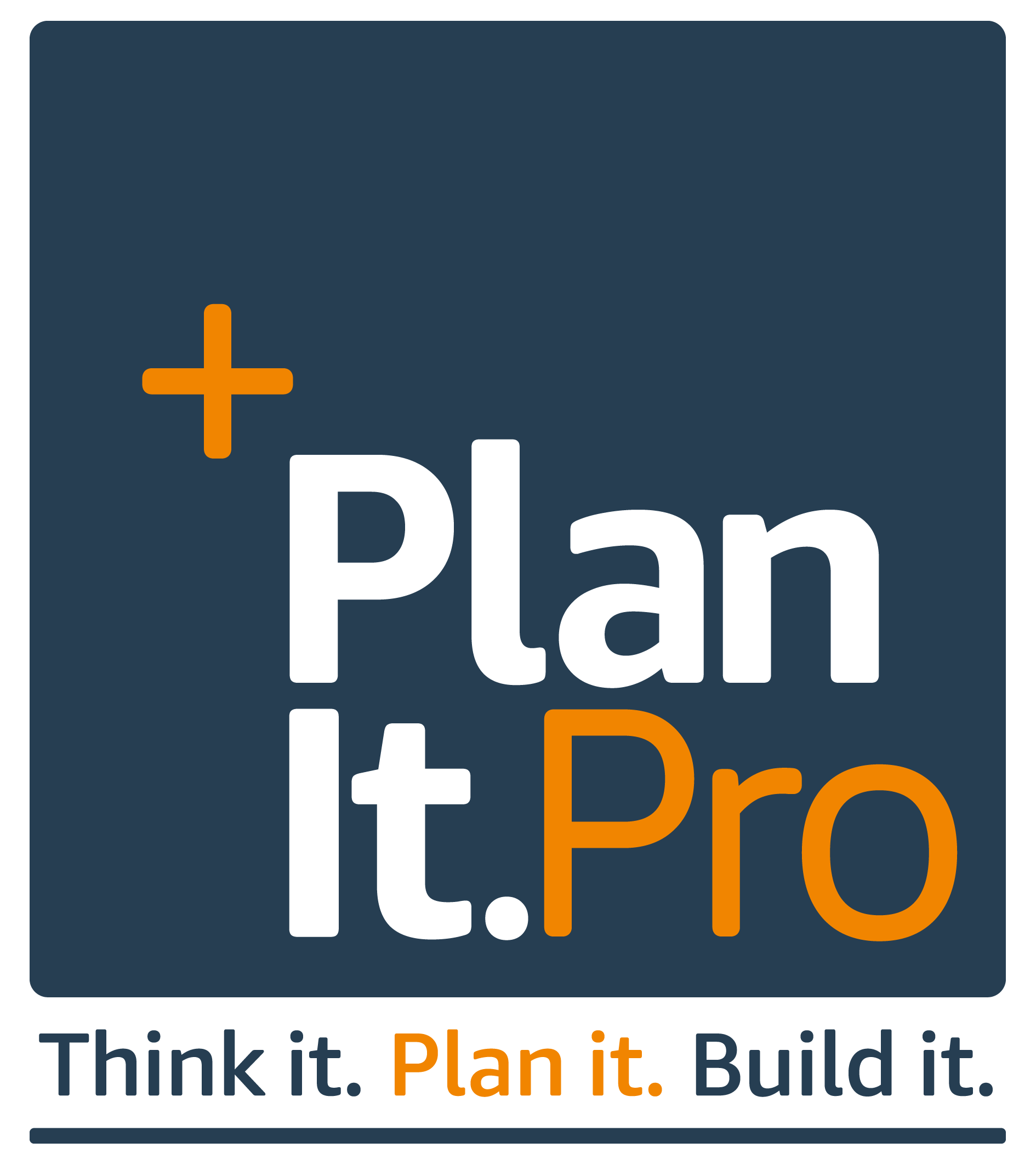
Well, you might as well ask yourself “How long is a piece of string?” because there are so many factors to understand. What kind of business do you want to start, what industry do you want to work in, where do you want to be based, both geographically and virtually, or in bricks and mortar, how much money do you have, where will I find support…And the list goes on.
More than 50% of businesses fail within the first five years, and lack of cash is one of the top three reasons for this statistic. Therefore, it is absolutely crucial that you start your journey with detailed planning and budgeting.
More than half of business owners experienced unexpected costs during their start-up year. Not making that early profit can cause a halt in investment and growth, as well as poor decision-making down the line. If you spend a little time working through all the potential outlays before you begin, then you have a much better chance of succeeding. When you’ve worked out that “bottom line,” you will see quite quickly whether the business idea is viable or even profitable.
Producing a financial forecast when you have no experience of what costs you might incur is notoriously difficult. A trick of the trade is to overestimate what you need. However, only apply this rule to your costs. You need to do the opposite for revenue. As the adage says, “Hope for the best, plan for the worst.”
The first thing to think through is your vision. What is your end goal? Planning a global enterprise because you fancy a millionaire lifestyle is a very different beast than being a sole trader wanting to focus on home life with enough to cover your bills. Knowing the end goal will help with decision-making, and one of those first steps is the formation of the business. How you run your business will determine some of your costs; do you need end-of-year accounts or just a self-assessment, for example?
There are two types of expenses to consider. Those costs incurred year on year, such as insurance, broadband and phone, stationery, and travel, Then there are the expenses that will only occur to get you up and running; these are your start-up costs and can include research, branding, marketing collateral, a website, and the registration of your business.
Items such as IT equipment are also to be considered, but as they are an asset and could be sold to bring money back into the business, they need to be kept separate.
So, let’s look at some of the costs you will likely incur.
Research is an absolute must before you start your business. It is crucial to find out if there is a need for your product or services, and it is another one of the top three reasons a start-up business fails. How much this will cost depends on whether you do this yourself (the cheapest but more inaccurate option) or get an expert market research company involved (more expensive as you head towards £10k). It is also a good idea to conduct regular research because markets can change.
As soon as you know you have a viable starting point, you will need to register the business. This can cost between £16 and £100, depending on what form your business takes and through whom you register the business. Some banks will do it as part of their service, so shop around.
Statutory costs are an area that you really must get expert advice on. This covers things like insurance, payroll, and any licences you may need. You can get yourself in some serious hot water if these haven’t been covered properly. Professional help can cost around £500 per day, but it will be worth staving off any fine later down the line.
When you have completed your market research, you will have a better idea as to what your marketing strategy should be. A lot of marketing can be free. There is a lot to be said for organic growth; however, paid advertising, especially online, is a key component of today’s successful business’s strategy. You should aim to spend about 15% of your gross revenue on marketing expenses.
This does not include your brand. Your branding is usually a one-off cost when you start up, but you may decide to refresh it to bring it up to date. Unless you are experienced in the field, then it may be worth investing in a professional.
Your brand reflects who you are and will be crucial in your marketing campaigns. It is important to be consistent in your approach, and that can include collateral such as flyers, packaging, or merchandise.
Purchasing equipment can significantly deplete your budget, especially if you are looking to start a manufacturing company. It is easy though, to get quotes and have an accurate view of what this looks like. If the budget is tight, look at second-hand refurbished tools. Again, build in an amount to invest here. As you grow, you will need equipment that can grow with you.
Rent and associated costs such as utility bills and broadband are another area where you can get a good idea of costs. This area varies significantly based on location. Ask an agent to give you the information you need. If you are seriously looking to start up with a physical presence, it’s a good idea to start building that relationship. If you can get a quote, you will have a great understanding of what you can afford to start with.
Another stumbling block for many start-ups is the stock needed to get off the ground. Knowing how much to purchase is tricky, and although you can often get the product cheaper the more you buy, if you cannot sell what you have, your money is tied up. So, try to work out what you really need. You can purchase the cheaper items as you grow.
For today’s business, the website is a crucial tool, regardless of your services or products. If your customers do not buy online, you can guarantee they are researching you online. Your website serves as a sales and marketing tool.
There are many sites that give you the ability to design your own page and then offer hosting, storage, and even the ability to purchase the domain name through their packages. This can be quite cost-effective at around £15–£20 per month, with some of the more sophisticated e-commerce sites being a little more. They can be great to get you started, but they can also sometimes be restrictive. If you go to a web designer for a bespoke solution, this can run into the thousands, so understand what you need now, and if you need to, you can purchase bigger and better websites as you go.
A final area that many start-ups do not even consider is a contingency fund. What happens when it doesn’t go according to plan? What do you do if you don’t make a sale in the first 3, 6, or even 12 months? It happens. Ensuring you have a pot set aside to keep not just your business but also your homelife going is critical.
I hope that what you have read here will give you an understanding of how to start off on your business venture with confidence. There is no quick answer, I’m afraid. If you could do with further support, please get in touch. You can use the web tool at www.planitpro.co.uk or contact us for a useful cashflow forecast template to get you started.
